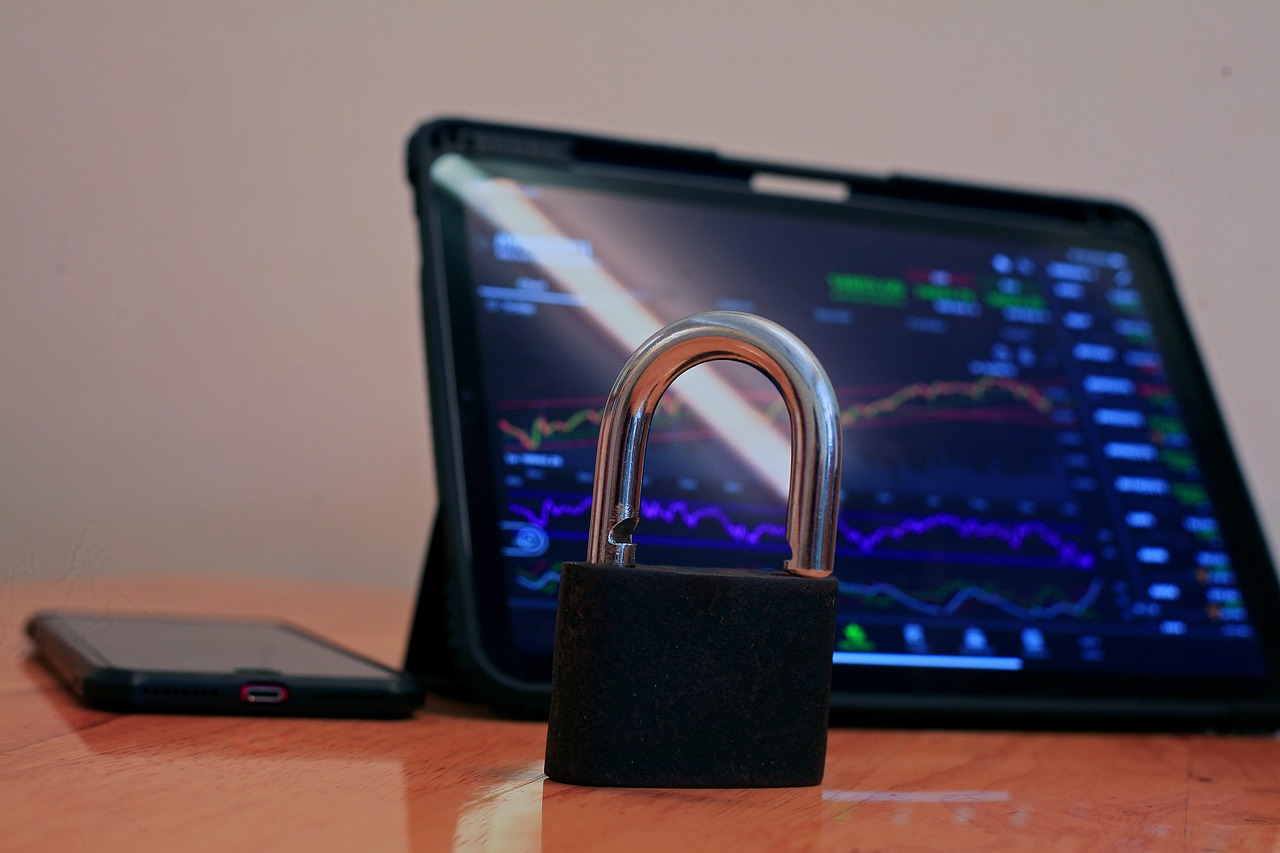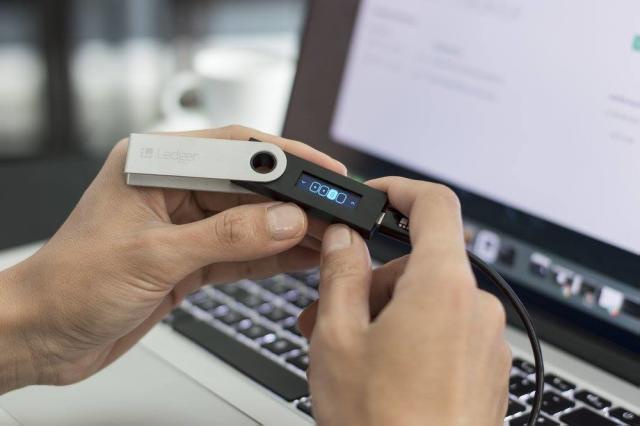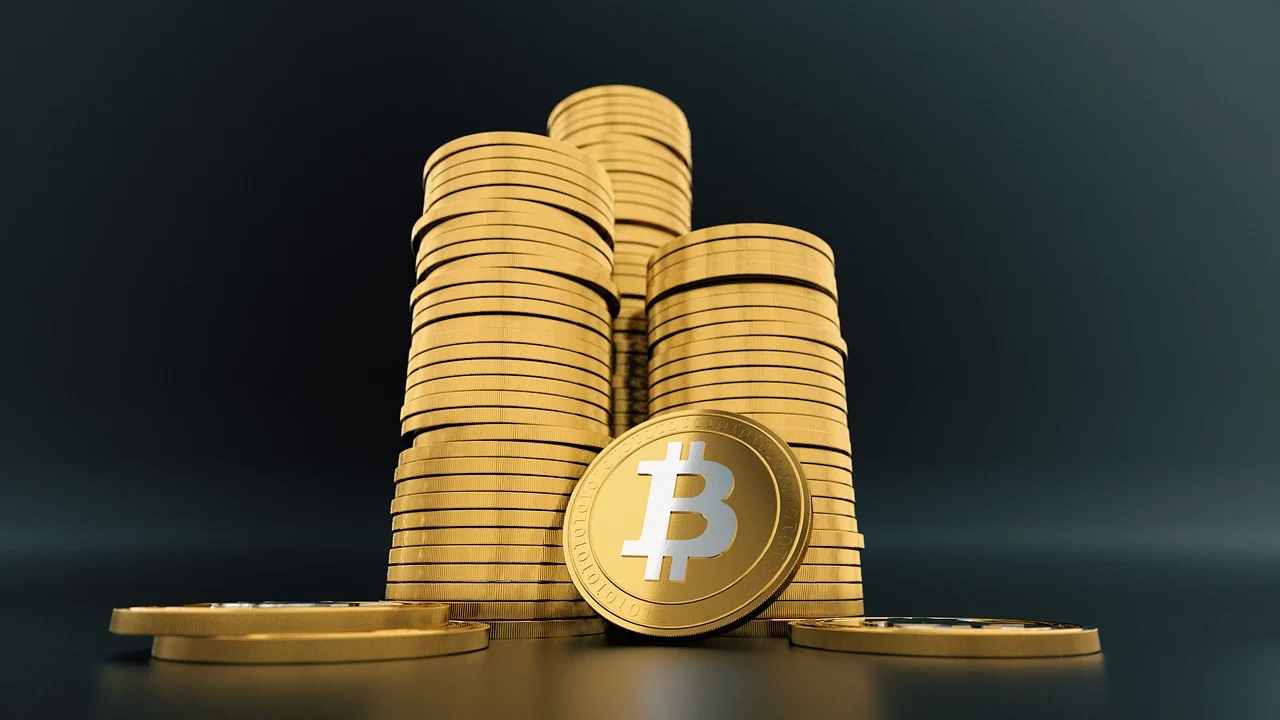

Bitcoin Safety And Security Overview: Ideal Practices for Protecting Your Digital Wide Range
Bitcoin, the innovative electronic money, has actually changed the economic landscape, supplying extraordinary control and freedom over your possessions. Nevertheless, with world power comes fantastic obligation. Securing your Bitcoin holdings is vital to shield your electronic riches from burglary and loss. In this detailed safety overview, we will certainly check out the very best techniques and methods for guaranteeing the safety of your Bitcoin financial investments.
1. Protect Your Personal Keys:
– Freezer: Think about saving most of your Bitcoin in cold store, which implies maintaining it offline and far from internet-connected tools. Equipment purses and paper purses are preferred cold store alternatives.
– Back-up Your Keys: Develop repetitive back-ups of your exclusive secrets and save them in different, safe and secure places. This guarantees you can recuperate your Bitcoin also if one back-up is jeopardized.
2. Usage Trusted Bitcoin Budgets:
– Pick Trusted Budgets: Select reputable and trustworthy Bitcoin purses, whether they are software program purses, equipment purses, or mobile purses. Study and review testimonials prior to relying on a budget with your funds.
3. Enable Two-Factor Verification (2FA):
– 2FA Includes Safety And Security: Trigger 2FA on your online accounts and purses whenever feasible. This offers an additional layer of defense by calling for a 2nd kind of confirmation to access your funds.
4. Be Careful of Bitcoin Phishing Scams:
– Verify Links: Constantly double-check site Links and e-mail sender addresses to prevent succumbing to phishing rip-offs. Fraudsters frequently pose legit solutions to swipe your Bitcoin.
– Usage Anti-Phishing Devices: Some internet internet browsers and safety software program deal anti-phishing functions that can aid determine harmful internet sites.
5. Frequently Update Bitcoin Software Program:
– Maintain Budgets Upgraded: Guarantee your Bitcoin budget software program depends on day with the current safety spots. Programmers frequently launch updates to attend to susceptabilities.
6. Method Safe Storage Space:
– Physical Safety And Security: If you hold physical duplicates of your exclusive secrets or equipment purses, shield them from physical burglary or damages. Usage safe and secure safes or down payment boxes.
7. Inform Yourself:
– Keep Informed: Continually enlighten on your own regarding Bitcoin safety finest techniques and arising hazards. Understanding is your finest protection.
8. Usage Multi-Signature Budgets:
– ** Multi-Sig for Added Safety And Security: Think about making use of multi-signature purses that need several exclusive secrets to license purchases. This includes an additional layer of safety.
9. Protect Your Healing Seed:
– Shop Safely: If you utilize a equipment budget or produce a paper budget, shield your healing seed (back-up expression) very carefully. Any individual with accessibility to this seed can possibly swipe your Bitcoin.
10. Beware with Public Wi-Fi:
– Avoid Public Wi-Fi: Avoid accessing your Bitcoin budget or making purchases on public Wi-Fi networks, which can be much less safe and secure and at risk to sleuthing.
11. Validate Deals:
– Double-Check Addresses: Prior to sending out Bitcoin, confirm the recipient’s address extensively. Blunders in Bitcoin purchases are irreparable.
12. Prepare for Inheritance:
– Develop a Strategy: Consider what will certainly occur to your Bitcoin holdings in case of your incapacitation or death. Develop a clear strategy or assign a relied on person to handle your possessions.
Final Thought:
Protecting your Bitcoin holdings is vital to shield your electronic riches from burglary and loss. By complying with these finest techniques, you can considerably decrease the threat of coming down with safety violations or rip-offs.
Keep in mind that Bitcoin purchases, when validated, are irreparable. As a result, taking positive actions to boost your Bitcoin safety is not simply suggested– it’s necessary. Guard your exclusive secrets, remain notified, and stay alert to guarantee a safe and secure and thriving Bitcoin trip.














